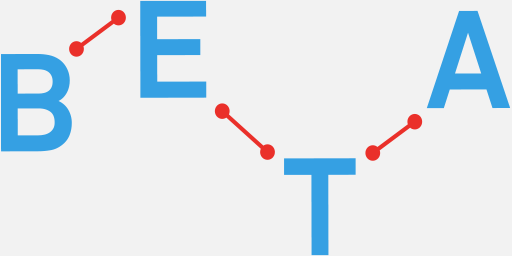
“I had heard great things about this workshop, but it honestly exceeded my expectations.”
Introduction to Scientific Writing Workshop, GRK 2162 “Neurodevelopment and vulnerability of the central nervous system”, Friedrich-Alexander University, Erlangen, April 2018
“The university should offer more courses like this.”
Scientific Writing for Publication Workshop, IZKF, Friedrich-Alexander University, Erlangen, October 2018
“This workshop didn’t just improve my writing. It also helped me to read/analyse/understand other scientific papers more effectively.”
Introduction to Scientific Writing Workshop, Max Planck Institute in Molecular Physiology, Dortmund, April 2018
“The very specific personal feedback made this course really useful.”
Scientific Writing for Publication Workshop, IZKF, Friedrich-Alexander University, Erlangen, October 2018
“It was great that there was so much practical writing and structuring tasks to help us to understand the different points better.”
Scientific Writing for Publication Workshop, IZKF, Friedrich-Alexander University, Erlangen, July 2018
“Really well-structured and well-organized.”
Introduction to Scientific Writing Workshop, Max Planck Institute in Molecular Physiology, Dortmund, April 2018
“This was the best workshop we have had so far.”
Introduction to Scientific Writing Workshop, GRK 2162 “Neurodevelopment and vulnerability of the central nervous system.” Friedrich-Alexander University, Erlangen, April 2018
“I appreciated the opportunity to ask many, many questions and the fact that the facilitator took the time to answer all of them.”
Introduction to Scientific Writing Workshop, GRK 2162 “Neurodevelopment and vulnerability of the central nervous system”, Friedrich-Alexander University, Erlangen, April 2018
“The course helps me to closely analyse my language and to think about the effect the vocabulary, sentences and grammar I use have on the reader.”
Introduction to Academic Writing Workshop, Trimberg Research Academy, University of Bamberg, June 2018
“I got really useful and reliable information that I wouldn’t have known how to find elsewhere.”
Introduction to Academic Writing Workshop, Trimberg Research Academy, University of Bamberg, June 2018
“This course has been useful in multiple ways. I not only feel more confident about writing my report, but I now know how to read other papers better.”
Introduction to Scientific Writing Workshop, IMPRS, Max Planck Institute in Molecular Physiology, Dortmund, June 2018
“The course makes the writing process much more efficient.”
Scientific Writing for Publication Workshop, IZKF, Friedrich-Alexander University, Erlangen, October 2018
“The atmosphere really encouraged learning. Everything could be asked.”
Introduction to Scientific Writing Workshop, IMPRS, Max Planck Institute in Molecular Physiology, Dortmund, October 2018
“The structures we learned helped to quickly and effectively organize our ideas for each section.”
Scientific Writing for Publication Workshop, IZKF, Friedrich-Alexander University, Erlangen, October 2018
“Love the ‘verb list’ and the ‘formal alternatives’! They will really help me.”
Introduction to Academic Writing Workshop, Trimberg Research Academy, University of Bamberg, June 2018
Academic
Writing
Training
Academic careers now depend on good publication records in international journals. To successfully publish in English, researchers must acquire proficiency in the academic English used by their disciplinary community and familiarise themselves with the conventions of their target genre. BETA offers specialist training to help participants through this process, equipping them with the tools they need to improve their academic English writing skills.
- Authentic discipline-specific materials
- Interactive teaching with a practical focus
- Extensive individual feedback



Each course consists of two essential components, one focusing on language use and the other on structuring. The precise content will vary according to individual requirements, but a typical example is shown below.
Course content for a workshop for PhD molecular physiology students in writing research articles for publication
Language component:
- General guiding principles
- Formality: the vocabulary shift
- Precision: subtle differences in meaning
- Objectivity: nominalisations, pronouns and the passive
- Cohesion: linking words and this + summary word
- Hedging: using modals to express your stance
- Punctuation and Grammar: the use of the comma, overview of the tenses
Structural component:
- The Abstract: Drawing your reader in
- The Introduction: Claiming relevance, reviewing the literature and establishing a niche
- The Methods and Results sections: detailing your experiments and presenting your findings
- The Discussion: Communicating your key message, putting results in context and recommending future research

Only authentic materials from the relevant discipline and target genre are used. Short practical exercises illustrate the use of each language point and provide participants with plenty of opportunities to apply the knowledge they have gained in the context of their own discipline.
The structural component is based on a genre analysis approach, with participants learning to analyse the different ‘moves’ that make up each section, to identify key phrases associated with each move and to critically evaluate the way in which information is presented.
Participants have the opportunity to draft their own sections and receive detailed individual feedback on their writing. Small groups foster a relaxed atmosphere, which encourages discussion and a high degree of interaction.

Workshops typically consist of ten 90-minute units, although this can be modified according to individual requirements. Whilst the format is flexible, two options have proved popular:
Standard:
The standard format consists of two 90-minute units per day over five days (e.g. Monday to Friday, 09:00-12:15). This provides the maximum opportunity for writing practice with students receiving writing assignments to complete in the afternoons in order to practise and consolidate what they have learned in the morning.
Intensive:
This format comprises two full days (e.g. 09:00-16:30) and one half day (e.g. 09:00-12:15). This very intensive option may be appropriate for those who have limited time available. It should be noted that this option means that opportunities for individual writing assignments are more limited.
